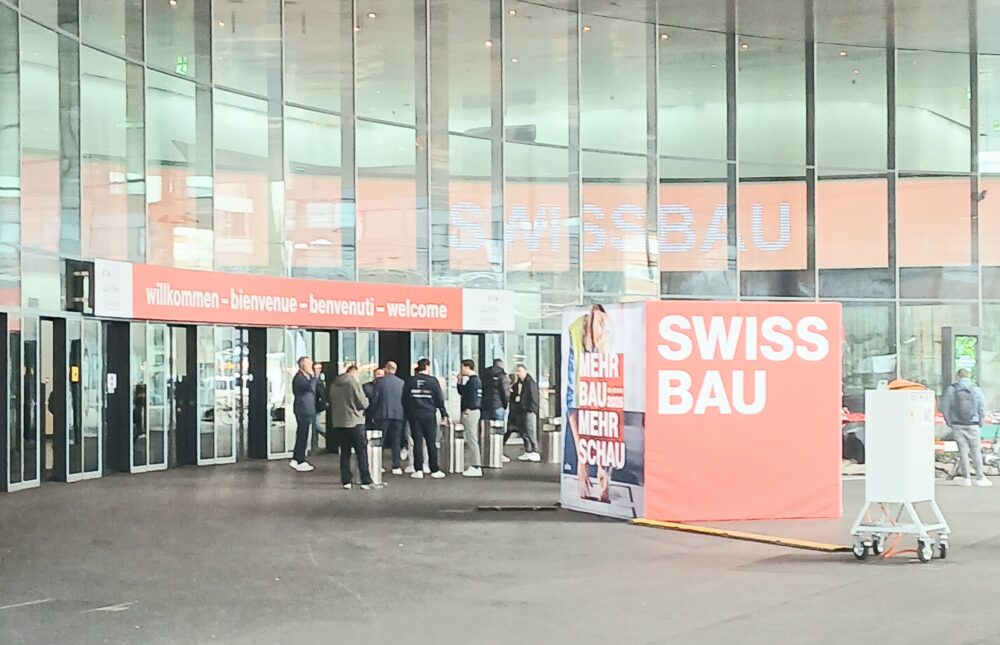The lessons learned from the SBB accident in Baden
The Swiss Safety Investigation Agency has published its final report on the fatal accident involving a customer escort in Baden in August 2019. Since the accident, SBB has initiated a series of measures to further increase safety for employees and passengers, according to a statement from the railroad.

The tragic accidental death of a chief customer escort in Baden in August 2019 showed that there was room for improvement in safety despite the positive developments in recent years, SBB said. The company is in the process of implementing the corresponding rulings of the Federal Office of Transport (FOT) (see also Final Report of the Swiss Safety Investigation Authority Sust)
Departure process adjusted
Following the accident, SBB had initiated a series of measures to further increase the safety of employees and passengers. In September 2019, the departure process for customer escorts was adapted in collaboration with the social partners. They now block their own boarding door, close the doors for the customers and then issue the departure permit to the train driver.
In addition, the Federal Railway had its internal reporting system reviewed by external experts. They conducted a survey of around 10,000 employees and found, among other things, that the reporting system needed to be made more consistent and that communication and training in the use of the system needed to be strengthened. SBB emphasizes that it is working to improve the reporting system as a whole.
The maintenance organization of passenger services was also audited externally. Although SBB was found to be of a high standard overall and no systematic deficiencies were identified, the auditors rated the process orientation as in need of improvement, as the railroad also writes. According to the auditors, there is also a need for action in risk management from the perspective of the overall rail system.
Implementation will last until the end of 2021
On the basis of the analyses, SBB has selectively Immediate measures implemented, for example in the operational maintenance processes and specifications. In addition, further measures were prioritized and commissioned together with the auditors. Their implementation started in May 2020 and will continue until the end of 2021, according to the media release. Finally, the passenger fleet will also be audited by an external body by the fall; due to Corona, this will take longer than originally planned.
Following the recommendation of the investigation by Sust, the FOT issued safety rulings to SBB regarding the Door systems for example, SBB is replacing the anti-trap system in the older types of wagons to prevent people and objects from becoming trapped in the future. This will be the case for EW IV carriages until 2023, after which the adjustments will also be extended to the Eurocity and IC Bt4 car fleets.
Source: SBB
Regarding the final report of Sust of May 26, 2020
The Swiss Safety Investigation Authority (Sust) states in its final report, among other things, that in the maintenance module planned for the door check and due every five days, there is not enough time to check everything that is necessary. SBB points out that these are empirical values (planning values) and not time specifications. Employees are encouraged to spend as much time as necessary to perform the work to the required quality. Sust's findings have now been taken into account by SBB in determining the planning values for these maintenance modules.
Sust also notes that even with the new departure process, there is a residual risk for customer escorts at stations with check-in boxes. SBB assessed this residual risk when introducing the new check-in process and reduced it with the process adjustment. With the new door leaf control switch, an additional technical safety barrier is installed so that the doors are reliably reported back to the locomotive crew as "closed".









